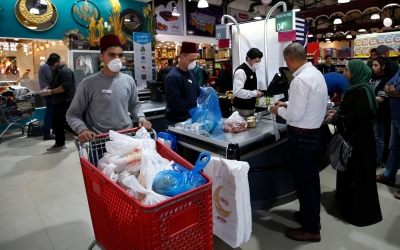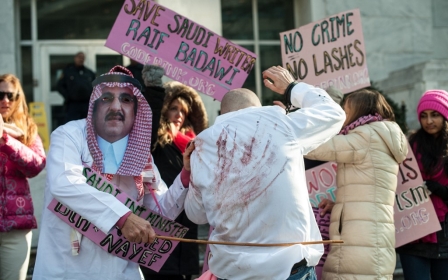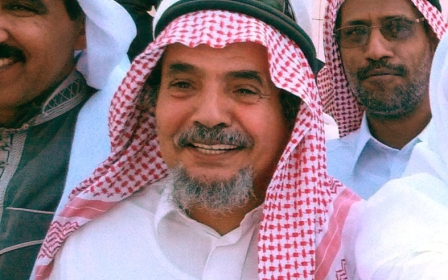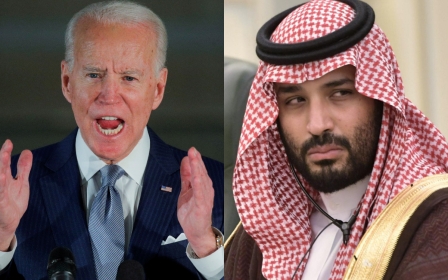Coronavirus: Saudi Arabia relaxes curfew for Ramadan
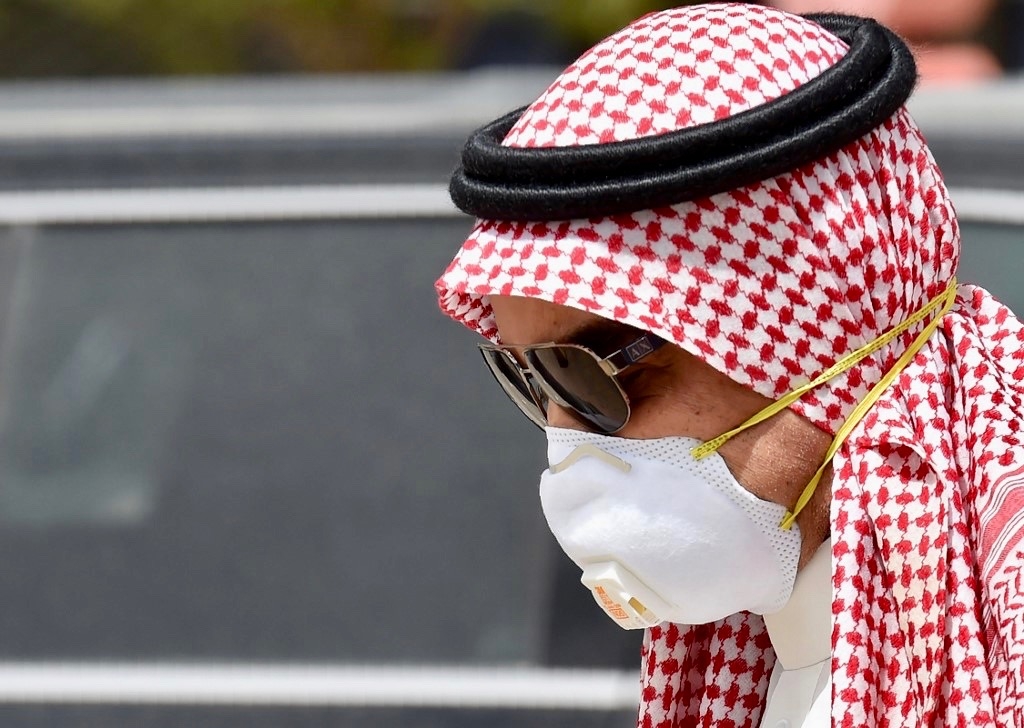
Saudi Arabia has relaxed coronavirus curfews during the daytime for the Muslim holy month of Ramadan, but has kept 24-hour restrictions in the holy city of Mecca.
Elsewhere, the curfew will be relaxed to allow people to leave their homes between 9am and 5pm and resume some business activity until 13 May, the Saudi press agency reported Sunday.
New MEE newsletter: Jerusalem Dispatch
Sign up to get the latest insights and analysis on Israel-Palestine, alongside Turkey Unpacked and other MEE newsletters
Malls and wholesalers will be allowed to reopen and construction companies will be permitted to resume work, according to a royal order.
Despite the lockdown, Mecca has seen the highest number of recent cases in Saudi Arabia, where 136 people have been killed and 16,299 confirmed infected by the virus.
Saudi Health Minister Dr Tawfiq al-Rabiah last week urged citizens and residents to practise social distancing ahead of the start of Ramadan.
"We are used to actively participating in social gatherings and visiting families during Ramadan, but this year it will be different," said Rabiah.
"We should abide by precautionary measures and practise social distancing to keep the virus under control."
Saudi Arabia has closed all mosques and last month cancelled the year-round Umrah pilgrimage.
It has asked pilgrims to hold back on preparations for the major Hajj pilgrimage in July, which it has not yet announced a decision on. Last year's Hajj was attended by 2.5 million pilgrims.
Shops reopening during this period will still be required to ensure distancing between customers and businesses that are unable to, including cinemas, sports centres and salons, will remain closed. Attendance to weddings and funerals remains restricted to five people.
Several countries in the Middle East and North Africa have slightly relaxed curfews to accommodate for Ramadan's demands. The Palestinian Authority in the West Bank has allowed some shops to reopen while Egypt will allow deliveries.
The three holiest sites to Muslims - in Mecca, Medina and the Al-Aqsa Mosque in Jerusalem - are all closed.
Middle East Eye delivers independent and unrivalled coverage and analysis of the Middle East, North Africa and beyond. To learn more about republishing this content and the associated fees, please fill out this form. More about MEE can be found here.


